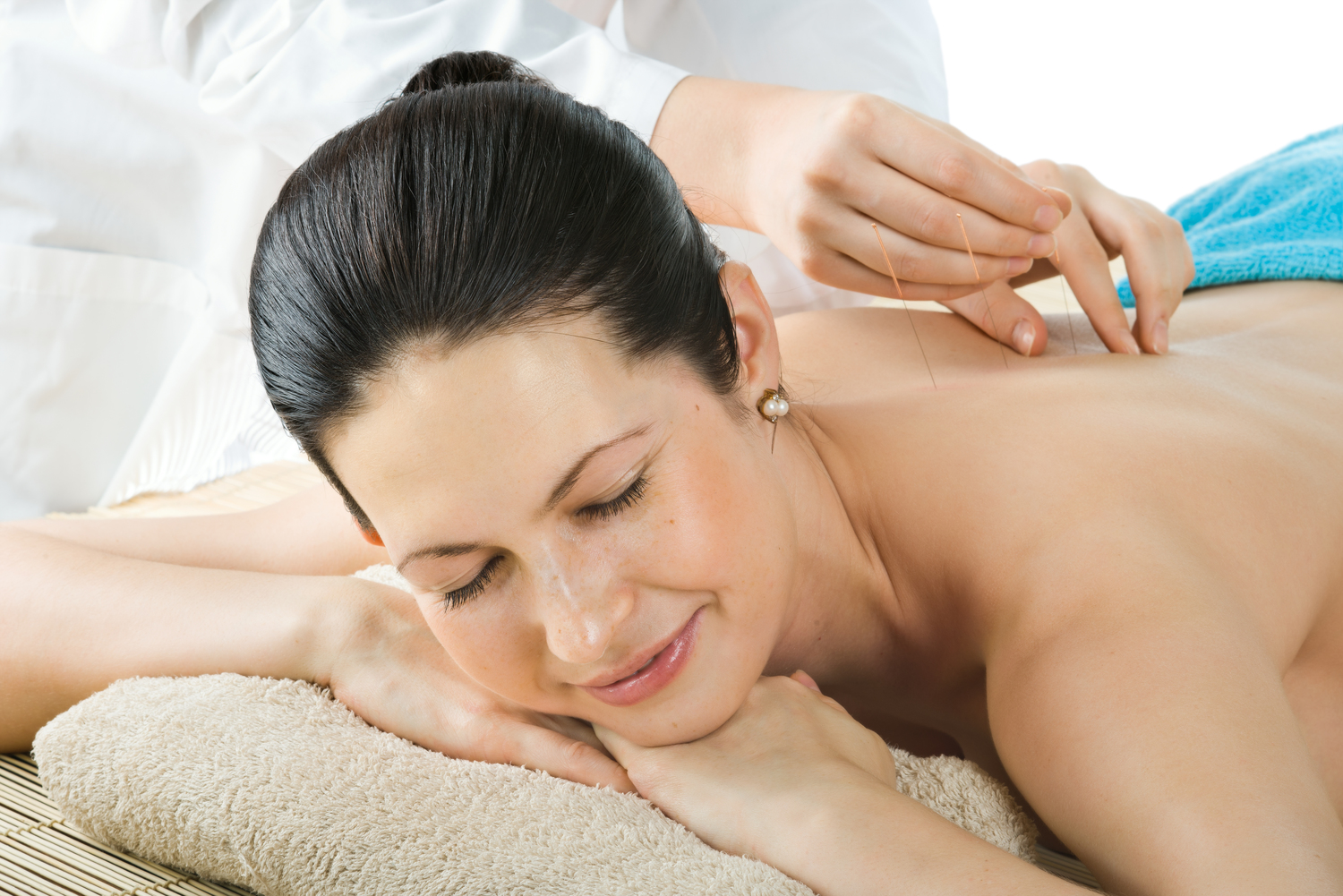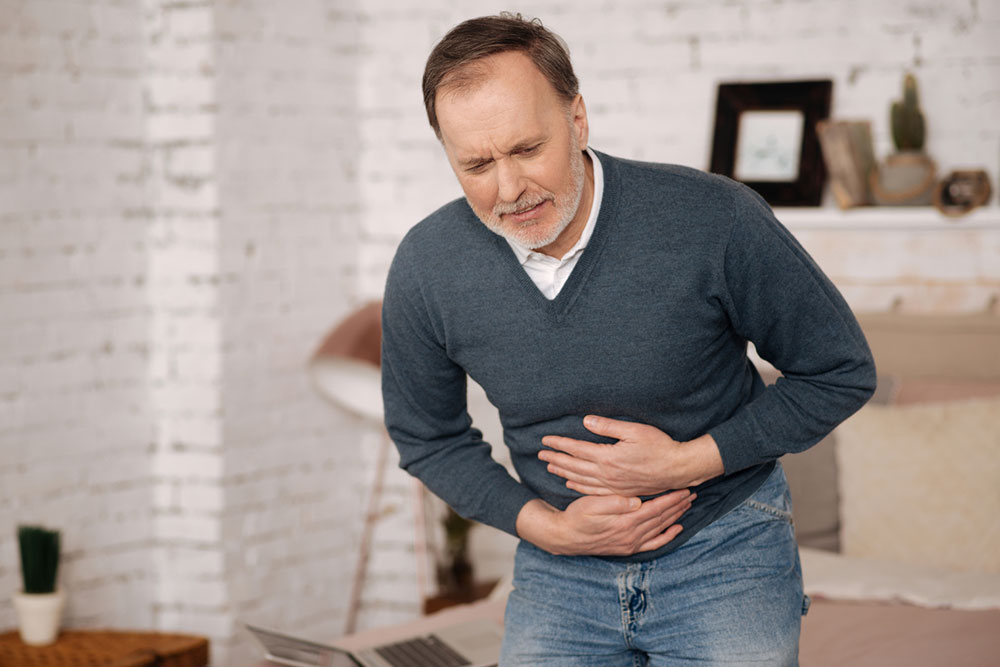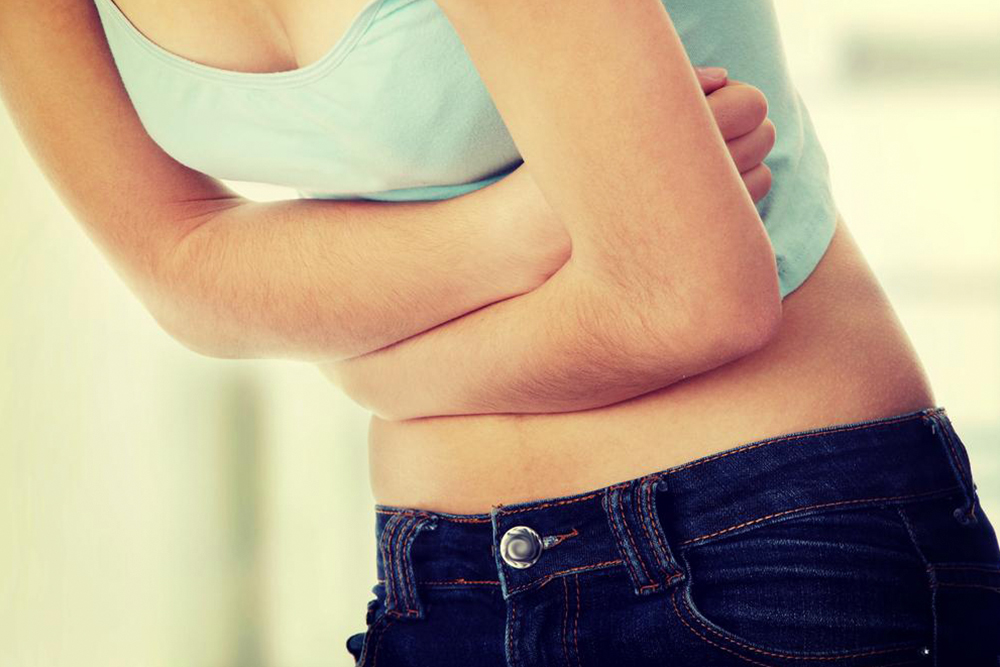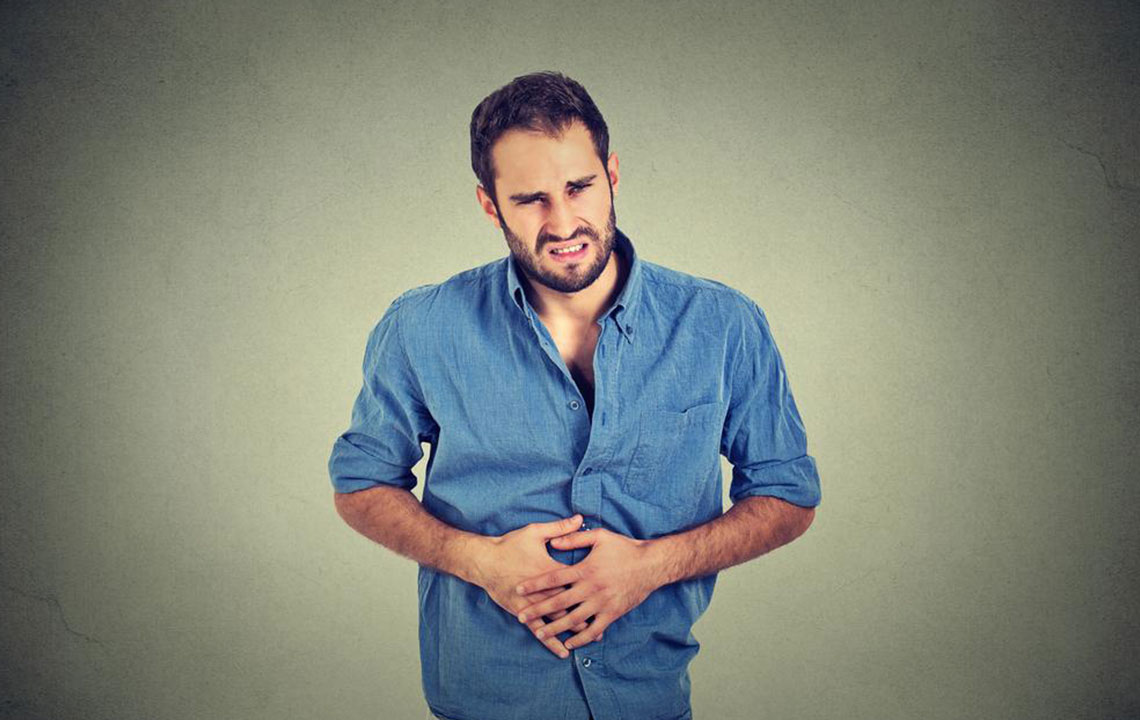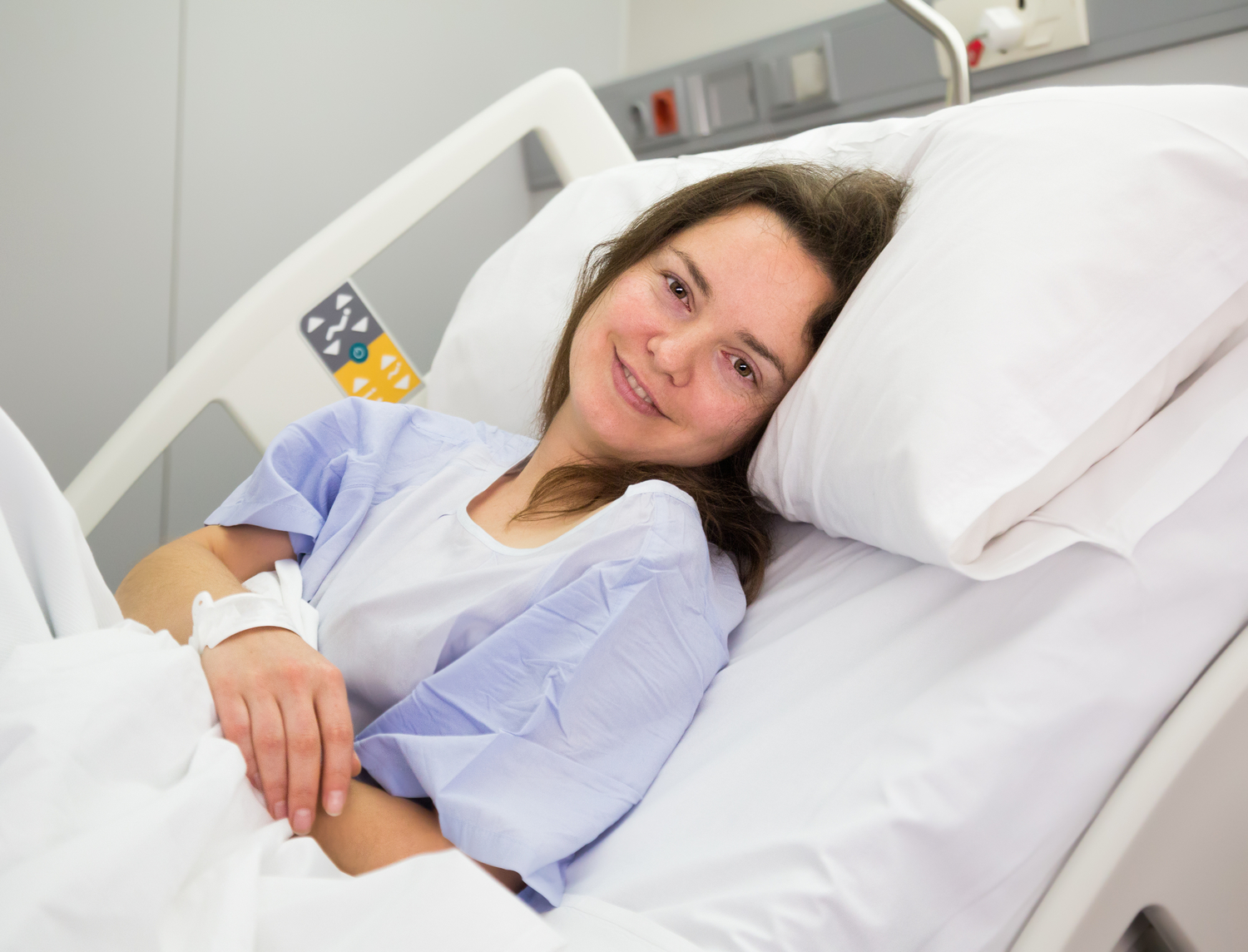Overactive Bladder – It Effective Symptoms and Home Remedies
The overactive bladder is a medical condition which increases the urination frequency throughout the day. As per the Johns Hopkins Medical report near about 33 million Americans suffer from the disorder of overactive bladder. The overactive bladder is characterized by the several symptoms related to frequent urination. People with OAB are reluctant to attend social occasions as they are afraid of their overactive bladders. Some people lose their control over the bladder during exercising, coughing and laughing.

Some of the symptoms of overactive treatment are:
Frequency: People with overactive bladder feel the need to urinate more than eight times in a day. On an average, a person urinates about six to eight times in a day and once at night. However, people with OAB go for urination more than the above mentioned times.
Urinary Urgency: The inability to delay or postpone urination. People cannot control the sudden urge to urinate.
Urge Incontinence: It is an accidental leakage of urine which is caused by the lack of control on the urinary bladder.
Nocturia: Going for urination many times during the night.
The OAB worsens the quality of life. It also casts a bad impression on your work and personal life. Therefore it is advised to take notice of the early symptoms of overactive bladder and seek proper overactive bladder treatment.
If you find the symptoms of overactive bladder or change in the urination habits, it’s high time to consult a doctor. Urinary tract infections contribute to the overactive bladders. It is essential to get the problem diagnosed by the doctor and seek the proper treatment plans. The doctors may recommend medications to treat the problem. Behavioural changes also prove effective to treat the OAB. If the medications don’t yield, productive results surgeries are the other viable option.
Some of the effective overactive bladder treatment:
The best treatment for overactive bladder includes bladder training and pelvic floor exercises. These two treatments don’t have any side effects and give beneficial results.
Bladder Training: Bladder training doesn’t need medications. Patients are trained to change their urinating habits. People urinate specific times of the day which is known as scheduled voiding. You need not go each time you feel the urge. Set times during a day. For example: Control few minutes in the beginning, and then increase the time between bathroom visits.
Pelvic floor exercise: The pelvic exercises strengthen the muscles that control urination. Kegels are the most effective pelvic floor exercises. These exercises relax and make the muscles strong. You can start with Kegel exercise for few minutes and then expand to ten minutes. Electrical simulation is another procedure to strengthen pelvic floor muscles which send electrical pulses through electrodes in the rectum and vagina.
Absorbent Pads: People with high risk of overactive bladder must wear absorbent pads and underwear to prevent the leakage at times of urinary incontinence.
You must also follow preventive measures to treat overactive bladders. Don’t take too much caffeine containing products (tea or coffee). Don’t consume fluids or excess water before going to bed.
Different foods and drinks worsen the implications of overactive bladder. Be careful and exclude the following food products from your diet:
- Alcohol, beverages, tea, coffee, and chocolate.
- Citrus fruits like orange and lemon.
- Tomatoes, sauces, and spaghetti.
- Foods containing spices.
Increase the intake of fiber content in your diet. You can include food items such as fruits, cereals, wheat, bran and bread in your everyday diet. Lack of fiber content in the body induces constipation which exerts pressure on the bladder and causes you to feel like urinating. Try regular exercising and physical activities.
Reduce the weight. Studies reveal that people with high weight develop the problem of stress incontinence. The weakening of pelvic muscles causes the unintentional leakage of urine.
Apart from the medical overactive bladder treatment, you can consider taking the natural herbs and supplements to treat OAB.
Some of the effective home treatments are:
Pumpkin Seed extract: The pumpkin seed extract is known for its properties to cure OAB and frequent urination at nights.
Corn Silk: Corn silk works wonderfully to treat the irritation and inflammation in the bladder along with incontinence during nights.
Ganoderma Lucidum: It is an herbal extract which gives proven results for the urinary tract infection among men.
Magnesium Hydroxide: Take the supplements of magnesium hydroxide in your daily diet. Magnesium hydroxide works to treat the symptoms of nocturia and urinary incontinence.
Capsaicin: Capsaicin is contained in peppers and capsicum. It works effectively to treat the highly overactive bladders.
Vitamin D: Excess of vitamin D in the body is responsible for the pelvic floor problems. Exclude foods rich in vitamin D in your daily diet.
You must maintain a healthy lifestyle to improve the bladder symptoms. If the complications worsen, it is advised to consult the doctor and seek proper treatment.
